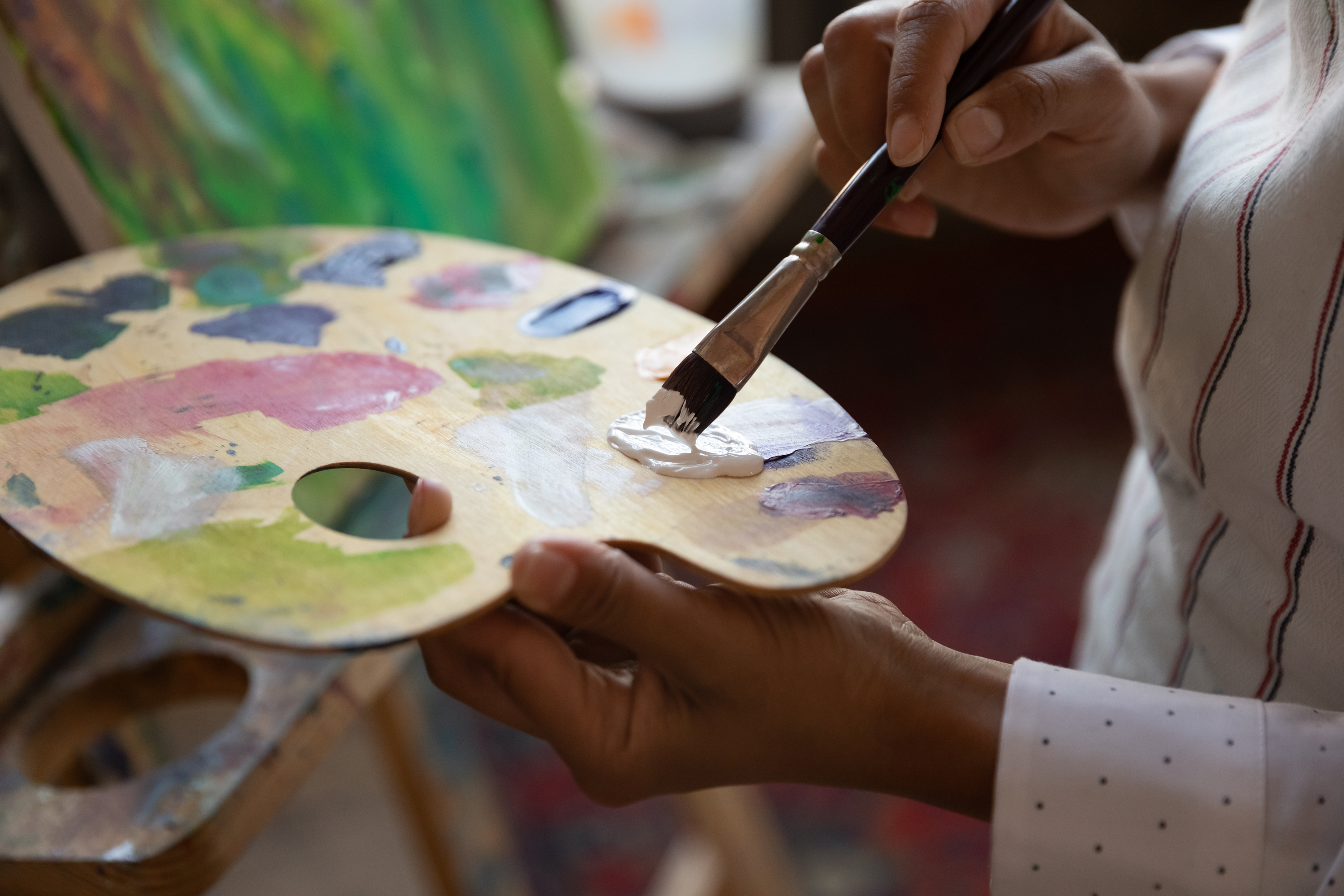Why you should stop feeling guilty about being unproductive
8 December 2020By Hazel M., Freelance writer and journalist at Unite Students
Productivity guilt is a real thing and, if you’ve been feeling it more than ever lately, it’s not actually that surprising.
With normal life being put mostly on hold for the duration of 2020, many people have turned to learning new skills or starting a new project to get them through the tough times.
Not only are they doing new things, but they’re also more likely to be posting about them on social media, thanks to that extra free time they’ve got.
And don’t forget the numerous marketing emails landing in our inboxes, either. The ones encouraging us to use this spare time to learn a new language or start making money from a side hustle.
The result of all this? You’re feeling the extra pressure when, instead of knitting 10 scarves through lockdown or baking 20 loaves of banana bread, you’ve been catching up on episodes of your favourite TV show instead. But should you really be feeling guilty?
The one thing I would like to point out here is that, as long as you’re staying on top of your studies and not missing deadlines, you need to remember to enjoy life. If you don’t, you’ll just end up feeling burnt out.
For many of us, giving ourselves projects to do in our free hours can build a false sense of control in a time when it’s impossible to control the world around us. The downside? When we don’t finish these projects, we feel even worse than ever.
So, to help you finally deal with this guilt, I’ve outlined some key ways to stop feeling bad about it and use it to your advantage instead.
Embrace your imperfections
They say the first step to getting through any bad situation is acceptance. And, without being cliché, that’s exactly what you need to do right here. Essentially, you need to accept that you’re not perfect.
You’re not going to be fluent in Italian by the end of the year and you’re not going to make a million pounds off your failed side hustle. But that’s totally fine. Why? Because you’re human. Remember that you’re not actually a robot and, instead, accept the good things you’ve done through 2020.
It could be checking in with your elderly relatives over the phone each week or managing to get through a couple of hours of revision each day, even when all you wanted to do was pull the duvet over your head.
Whatever the good things were, write them down and forget the bad stuff. It’s time to move on.
Take responsibility
Take responsibility for why you’re trying to get rid of your guilt. Is it simply to become more productive? It shouldn’t be. Getting rid of your guilt should be all about bettering your mental health in order to live a happier and more fulfilled life.
But don’t let that absolve you of the responsibility to be productive altogether or start indulging in the ultimate lazy lifestyle. You still need to make sure you’re getting those deadlines in and working towards your study goals or making it to your part-time job on time.
In a world where people are working harder than ever before, the key here is balance and maintaining a happy lifestyle.
Get organised
If you’re trying to enjoy your free time but not really giving it the attention it deserves (because your mind is on all the things you need to do), write up a schedule.
And I’m not talking about a schedule that includes starting work at 6am, fitting in an exercise class and spending at least two hours on a language app, either. I’m talking about the schedule that gives you time to have a decent breakfast, fit in the work you do need to do and then give you an equal amount of time to do as you please.
Once you’ve got this nailed, your mind will no longer be wandering onto your to-do list every five minutes. You’ll also find that time you spend doing the things you need to do is far more productive.
After all, our brains need to rest and recuperate in order to be more creative, and it could even improve your memory.
Open up about your feelings
Chances are, you’re not the only one in your flat or out of your friends who has been feeling the extra pressure. Have a chat with your flatmates and find out how they’ve been feeling and whether they’ve been battling with similar concerns.
A problem shared is a problem halved and you can always find strength in solidarity. If you don’t feel comfortable talking to your friends, though, there are other people you can talk to and you can find a full list right here.
